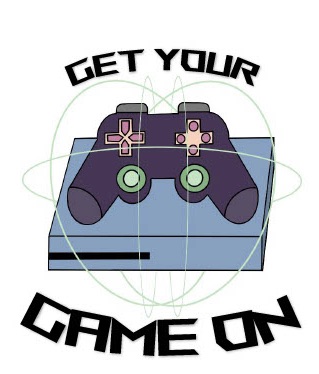Often, people may not pay much attention to the work and effort that goes into a game, especially for smaller corporations that are already operating off a shoestring. So, when a major game development company like Unity implements unfair pricing changes, the game development community can rightfully respond with serious backlash.
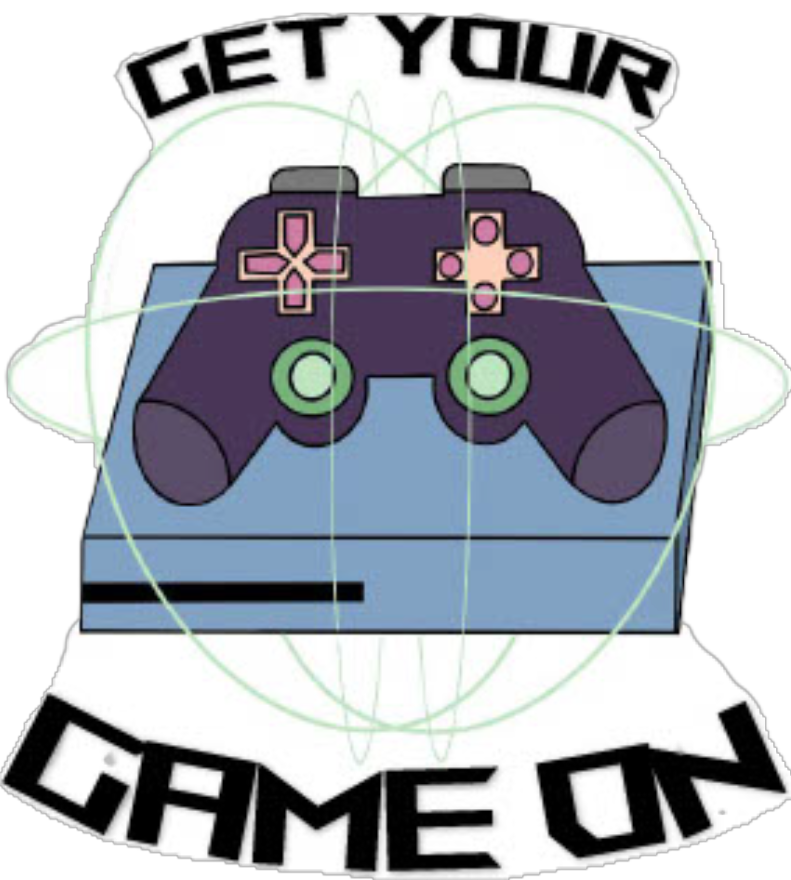
On Sept. 12, Unity made some changes to its pricing plans. This new pricing model added an unconventional price-per-download system, where prices decreased as revenue increased, initially even counting redownloads, according to The Verge.
However, this resulted in a cry of outrage from many of its customers. One such individual was Tom Francis, an indie game developer who has made games like “Heat Signature.” He described the pricing change as “an astonishing scumbag move” in a post on X, formerly known as Twitter.
Another set of upset customers included 19 game companies that addressed their concerns in an open letter to Unity, which was posted on Azur Games’ blog. In fact, these companies decided to suspend all Unity Ads monetization on their games, according to the same letter.
The tax seemed unethical, since professional game developers spend about $185-450 per month on Unity plans, from Unity Pro to Unity Industry, according to Unity. These are already hefty prices for a single account, and with the price-per-download system, profit margins became much tighter. Unity’s policies still unfairly extract money from the revenue of game companies despite altering its initial model.
As an amateur game developer myself, I can see the potential struggles of this sort of taxing method. Unfortunately, as of now, my game development escapades are not nearly large enough to garner much attention as viable market products. However, if they were to gain traction, the last thing I would want is to spend my earnings on software I already have an expensive subscription for.
As a result of this swift reaction, these plans were promptly updated on Sept. 22, according to Unity’s official website. Following this retaliation, Unity’s CEO John Riccitiello decided to step down from his position, which he had occupied for nine years, according to CNBC. The company reached out to the community and expressed its new plans with a post on X. Yet, this was not the end of Unity’s odd decision-making.
On Jan. 8, Unity made plans to lay off almost a quarter of its employees, something that the new CEO says is part of a “company reset,” according to Reuters. For any company, regardless of size, this is a bold move, especially considering the confusion the company has been in recently. Especially after all the confusion caused by the pricing debacle, such decisions lead users like myself to question the reliability and longevity of Unity and its products.
Especially with fierce competitors like Unreal Engine, Unity’s future is under question. Although my friend and I only use Unity for personal projects, the confusion around Unity’s pricing change annoyed us too. We even considered swapping to Unreal Engine in case Unity tripped over itself.
Ultimately, Unity is still influential and important in the game development world. Although the mass firings and download taxes do not help the company’s reputation, they are not major causes for concern for the company’s future, unless it hits an unexpectedly large bump in the road.



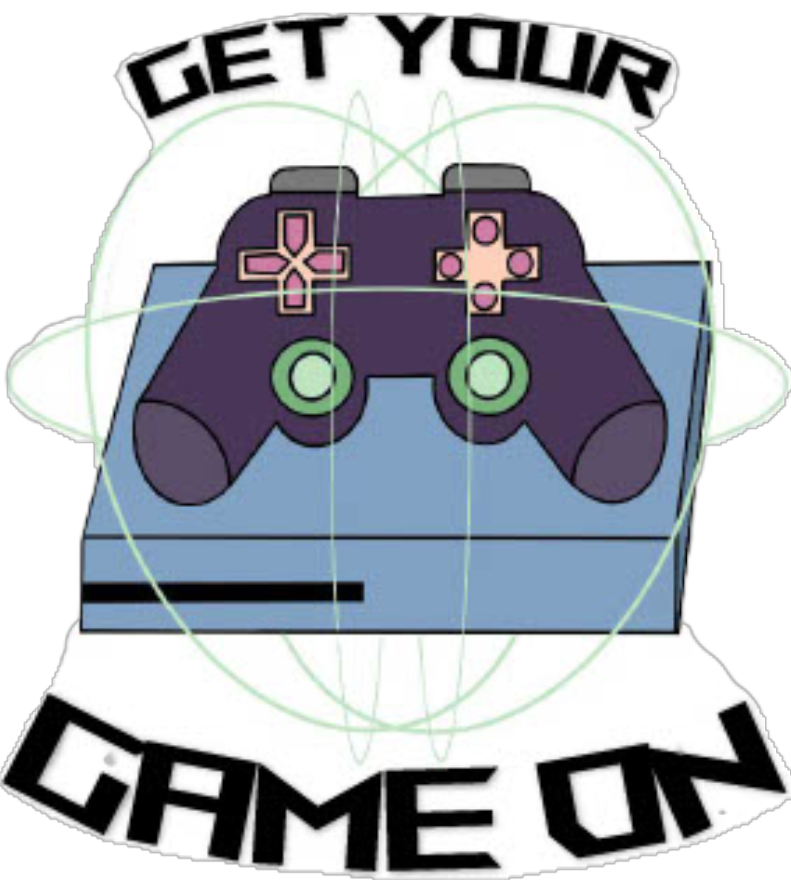
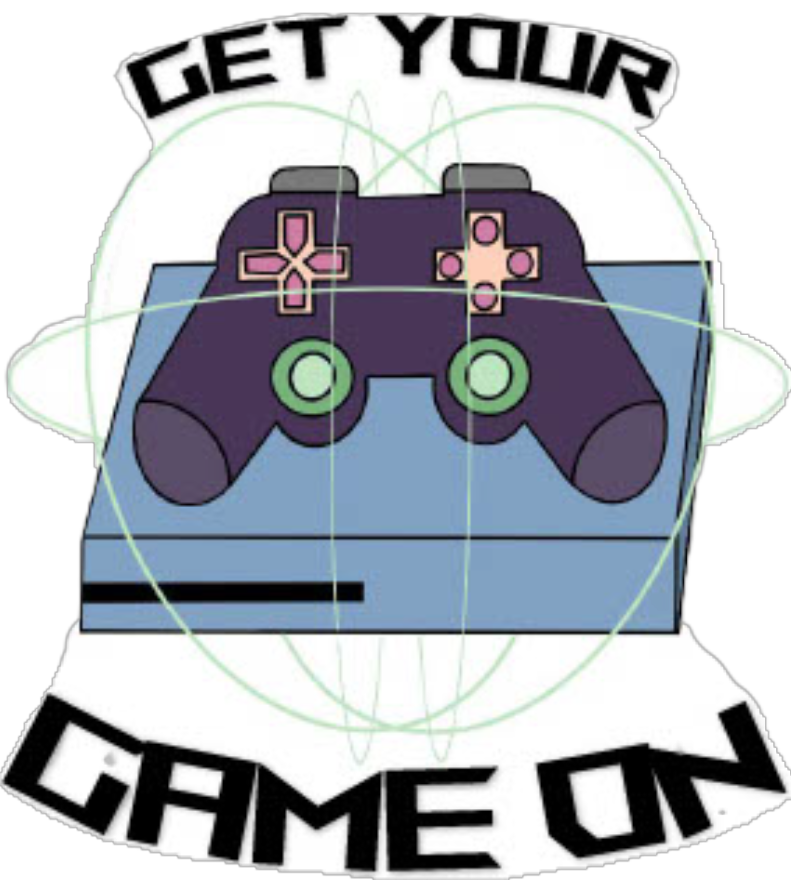


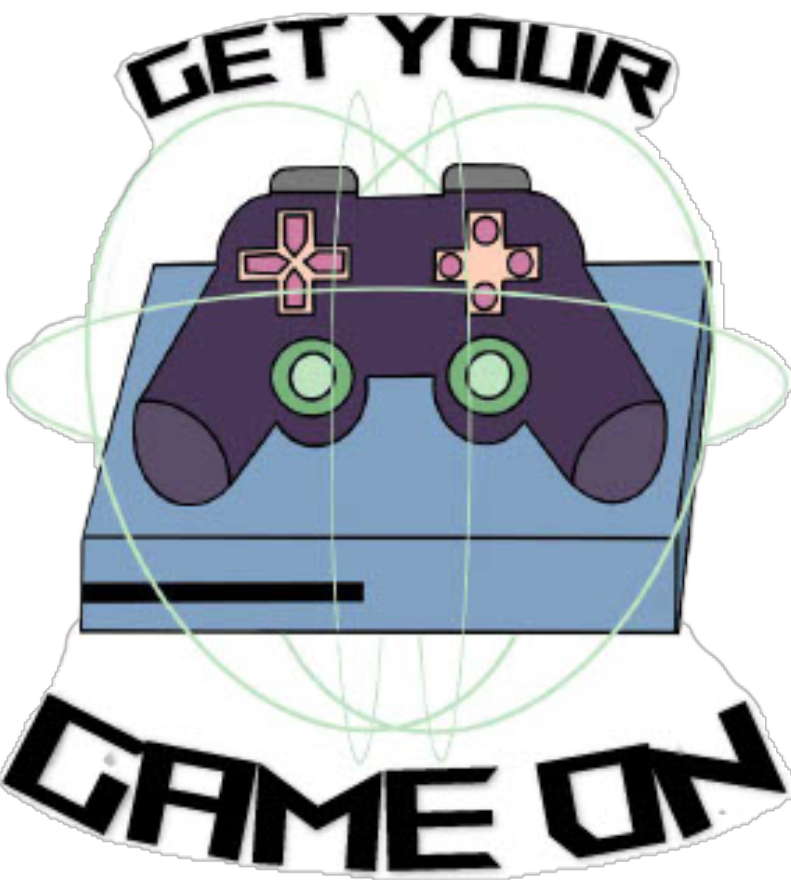
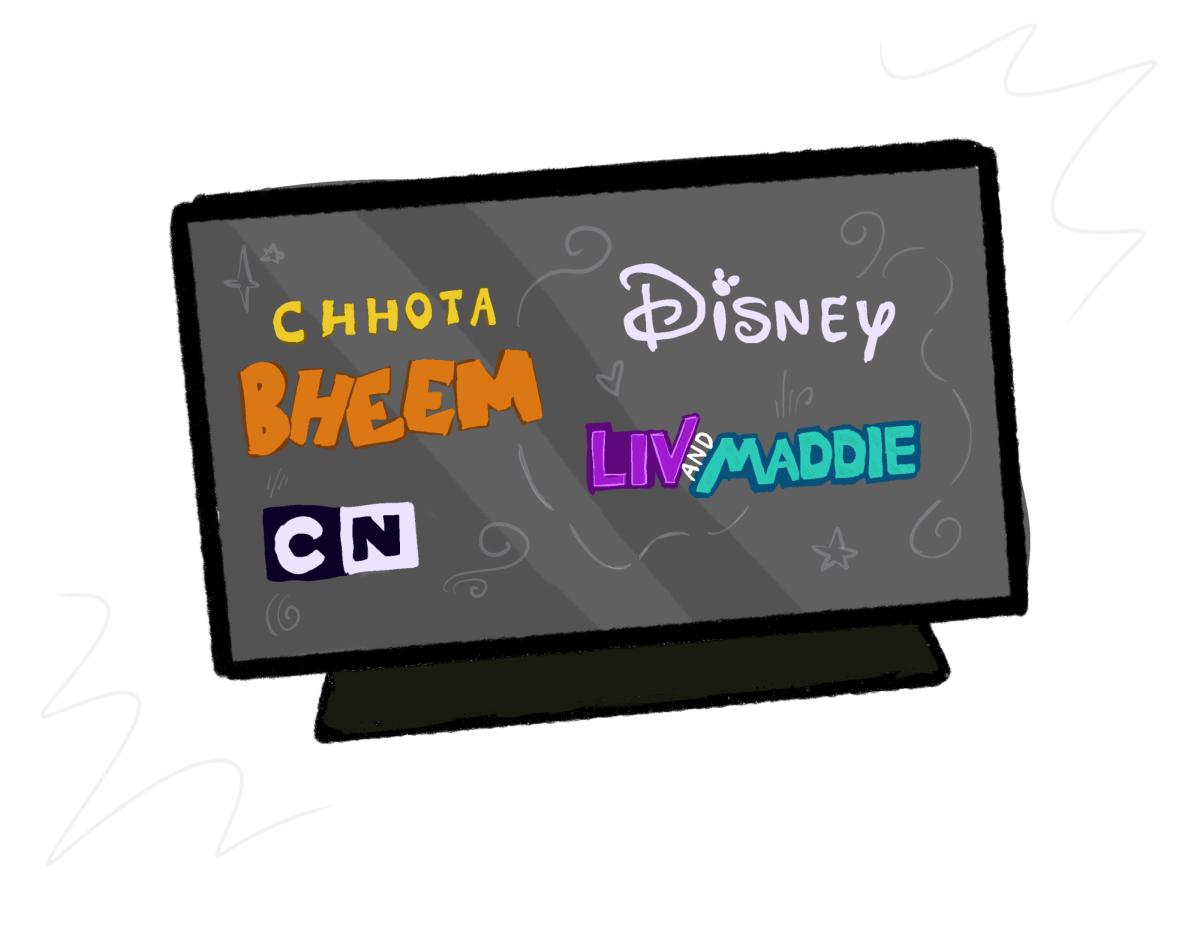
![Junior Shiva Chitta said his friends and family encouraged him to attend prom, despite initially intending not to.
“My mom told me to go and ‘have a slice of [my] life,’” Chitta said. “Im sure there are prom [events] in colleges…but we have to go [to junior and senior prom.]”](https://hhsepitaph.com/wp-content/uploads/2024/06/PromG2024_1-1200x800.jpg)
